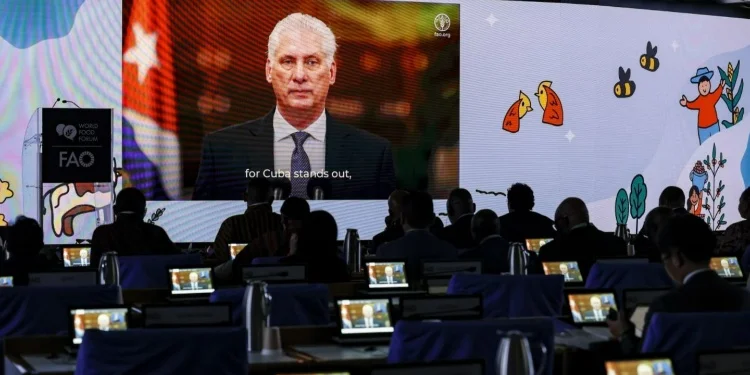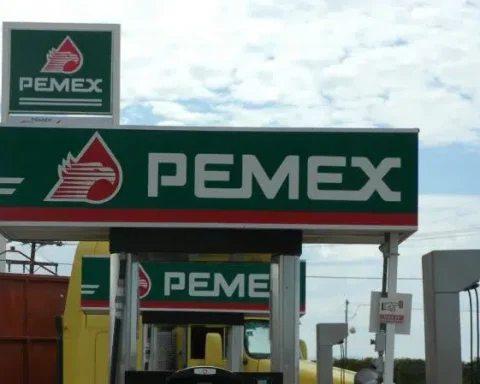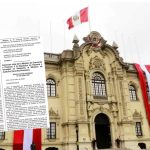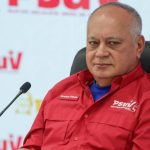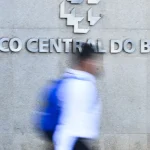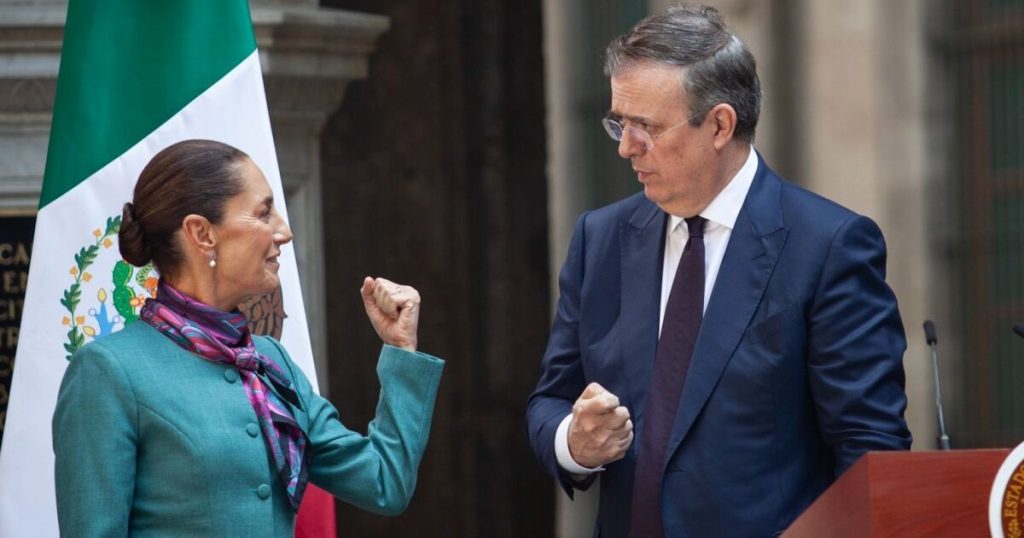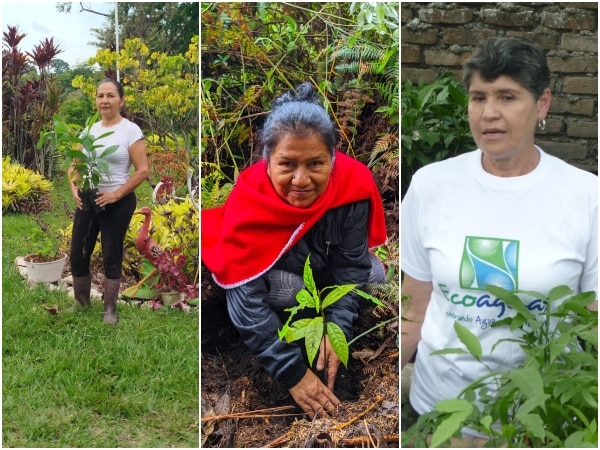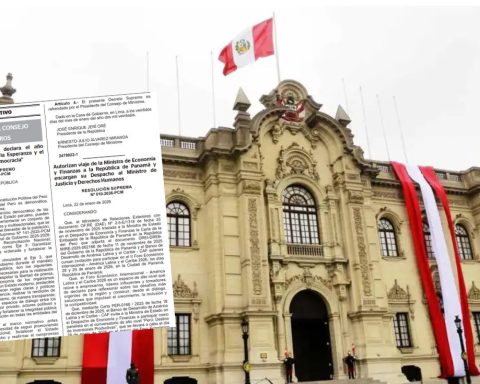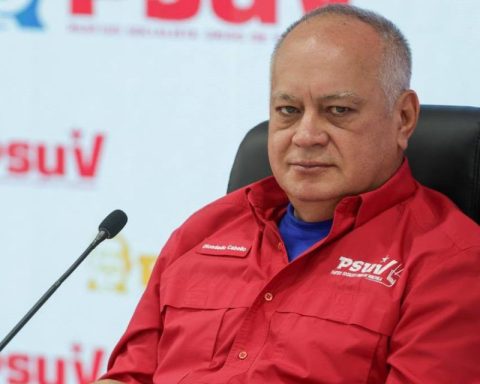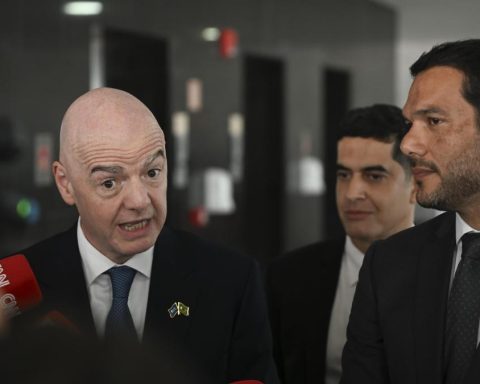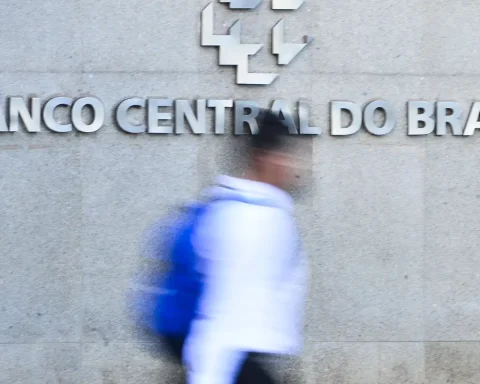MÉRIDA, Mexico -. Cuban ruler Miguel Díaz-Canel iHe spoke remotely this Tuesday at the FAO Investment Forum 2023 and said that his government is open to all foreign investment proposals.
“They are urgent and we are open to all proposals,” he said, referring to what he called “essential, urgent, foreign direct investment” in agriculture and food.
Díaz-Canel attributed “the debts” of his government “in the development of agriculture and food production”, as is usual in his rhetoric, to the pandemic, climate change or the US embargo.
“There are many experts who recognize the existence of a favorable climate for foreign direct investment in our country, especially in the agricultural sector,” he assured, despite the fact that The food crisis in Cuba rather indicates the opposite.
In his speech, the president painted a fantastical picture for investors: an island with human resources, technological innovation and strengthened infrastructure.
“Cuba also has industrial, productive, hydraulic and electrical infrastructures in a clear process of strengthening and regional and local edaphoclimatic studies assure investors a favorable scenario to maximize their projects,” he said.
Likewise, and despite the regime’s recent crusade against the private sector, Díaz-Canel took pride in the “more than 11,000 micro, small and medium-sized companies, many of them already ready to collaborate in the growth of the agri-food sector.”
The Food and Agriculture Organization of the United Nations (FAO) Investment Forum 2023 takes place from October 14 to 18, 2024 in Rome, Italy.
Food crisis
Cuban farmers continue to struggle against an uncertain reality, in which lack of inputs and poor infrastructure remain insurmountable obstacles to sustainable agricultural production. Meanwhile, the Cuban population continues to see food become more expensive and food insecurity becomes an increasingly urgent concern.
In May, the Inter-American Commission on Human Rights (IACHR), together with its Special Rapporteur on Economic, Social, Cultural and Environmental Rights (RESECA), expressed concern about the worsening of food insecurity in Cuba.
This problem disproportionately impacts vulnerable groups such as older people, pregnant women, children, adolescents and people with chronic diseases, generating serious repercussions on their living conditions.
In a statement, the IACHR noted that, according to the Food Monitor Program, most Cuban provinces experienced a low level of food security in 2023.
The report also highlighted that in February of this year the Cuban Government requested help from the World Food Program (WFP) of the United Nations (UN) due to difficulties in continuing to distribute subsidized milk to children under seven years of age and due to the shortage of flour for subsidized bread in the basic basket.
